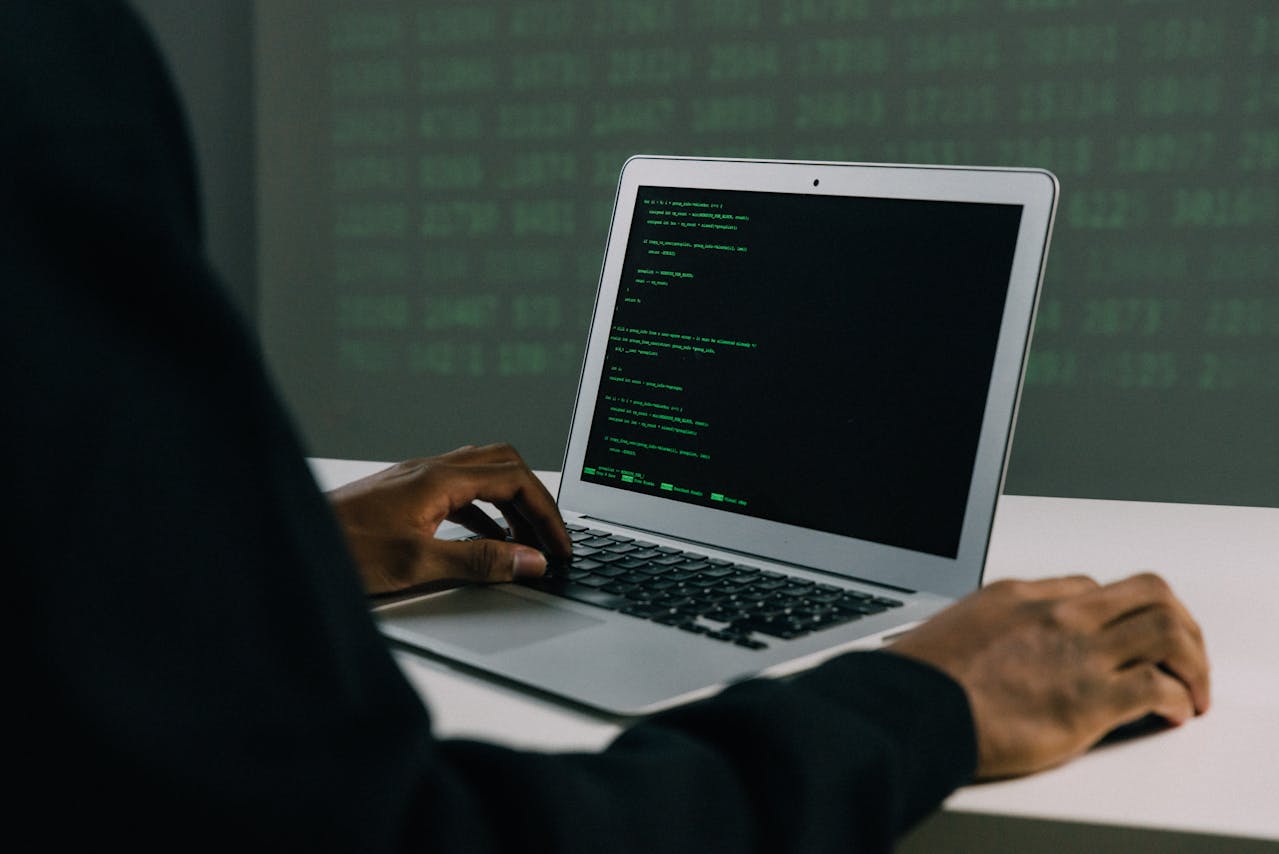
Since 2016, the number of organizations that have dealt with cyber-attacks has increased by over 2,600%. In 2023 alone, the victims of these attacks were about 54 million.
According to a recent research by Gartner, over 45% of organizations globally will have experienced attacks on their supply chains.
Organizations must move beyond traditional cybersecurity solutions, security monitoring, and detection to manage the wider exposure to security threats
Thus, it is crucial to recognize the need for improved cybersecurity solutions for businesses. This article will discuss how blockchain can improve cybersecurity for businesses.
But first, let’s discuss two important components that are significant parts of how we can improve business security with blockchain; encryption and smart contracts.
Encryption for Blockchain Cybersecurity Solutions
Blockchain cybersecurity solutions for businesses employ encryption to a great extent. Encryption is the process whereby data is encoded to ensure only authorized parties can access it.
With blockchain cybersecurity, encryption keys are stored within the blockchain; making it extremely challenging for access by hackers.
Smart Contracts in Blockchain Cybersecurity
Smart contracts can be programmed to perform a function based on set parameters or events. This is especially useful when considering how to improve business security with blockchain.
For instance, smart contracts can be used in automating security protocols. Ways in which smart contracts could be used for data protection include:
- Enforcing data access controls
- Trigger alerts in case of illicit activities
- Limit data sharing
Now, let’s take a closer look at the components that inform how blockchain can implore cybersecurity for businesses.
BlockChain for Secure Authentication
Several studies have been conducted to demonstrate how blockchain-based two-factor authentication (2FA) can strengthen cyber security compared to the commonly used 2FA methods.
The modern 2FA methods have suffered some security risks. Some of these risks include:
- Low-entropy OTPs
- Attacks on verification code forwarding
- Biometric data exposure
Using blockchain for 2FA or multifactor authentication can solve all these risks by adding a layer of security.
Blockchain-base 2FA offers 3 main advantages:
- No single point of failure
- Enhanced Trust and Security
- No Censorship because there is no central authority
A Case of blockchain-based 2FA Solution
The most popular case of blockchain-based 2FA solution is offered by Shield Protocol. The solution integrates 2FA service into blockchain for data backup, eliminating the need for central servers such as Google Cloud and Amazon.
With Shield Protocol, users back up and restore their accounts with 2FA on the blockchain; avoiding personal data collection.
Latest developments posit that Shield 2FA can back up on the following blockchains:
- Binance Smart Chain
- Fantom Opera
- Kucoin Community Chain
- Polygon
Blockchain for Decentralized Storage
Decentralized storage is one of the components of blockchain technology in cybersecurity. With traditional systems data is stored in central servers; making it more accessible to cyber attacks.
Blockchain cybersecurity solutions for businesses leverage the technology’s decentralized nature; building a system that distributes data across a network of nodes. This eliminates a single point of failure making it more challenging to hack or destroy the data.
In addition, the use of smart contracts and encryption can further enhance the security of stored data.
Companies Using Blockchain-based Data Storage
In 2023, the healthcare sector faced numerous cyber-attacks leading to a case of 725 attacks in which about 124 million health records were hacked. Over 69% of the breached data was accessed through the central servers.
Healthcare is one of the essential service industries that can benefit from blockchain cybersecurity solutions.
Pfitzer, a popular pharmaceutical company, is one of the organizations pioneering blockchain cybersecurity solutions for businesses. The company’s goal was to eliminate paperwork, especially with clinical trials. This led to the development of KitChain.
KitChain facilitates information exchange between healthcare providers and the supply chain, ensuring patient data security.
Blockchain As an Immutable Ledger
Immutability, a characteristic of blockchain technology, is essential in data protection and cybersecurity.
With blockchain technology in cybersecurity solutions, every piece of data or transaction that enters the blockchain cannot be deleted or changed.
As such, there is a trail of information that is tamper-proof and verifiable. This makes it easy to locate data breaches and prevent cyber attacks.
Due to the traceability of the immutable data, businesses can track illicit activities to their source; helping improve business security with blockchain.
The Case of Bitfinex; Tracking Stolen Bitcoins
In 2016, Bitfinex was hacked losing approximately 120,000 Bitcoins. Through analysis of recorded transactions, investigators were able to track the Bitcoins that were dispersed into several wallets.
Since then, authorities have been monitoring the wallets for any laundering activity. Six years later, in 2022 $3.6 billion worth of Bitcoins were recovered and two perpetrators were arrested.
The two people arrested, Ilya Lichtenstein and Heather Morgan, later faced trial and were set to plead guilty to money laundering.
Conclusion
Blockchain can improve cybersecurity for businesses through its components, including; decentralization, immutability, and transparency or traceability.
So far, the applications of blockchain for cybersecurity include blockchain-based 2FA, decentralized storage for inventory, product tracking in the supply chain, and tracing of activities in law enforcement.
Blockchain opens up an avenue of innovation, which will impact how cybersecurity is achieved in the future.









